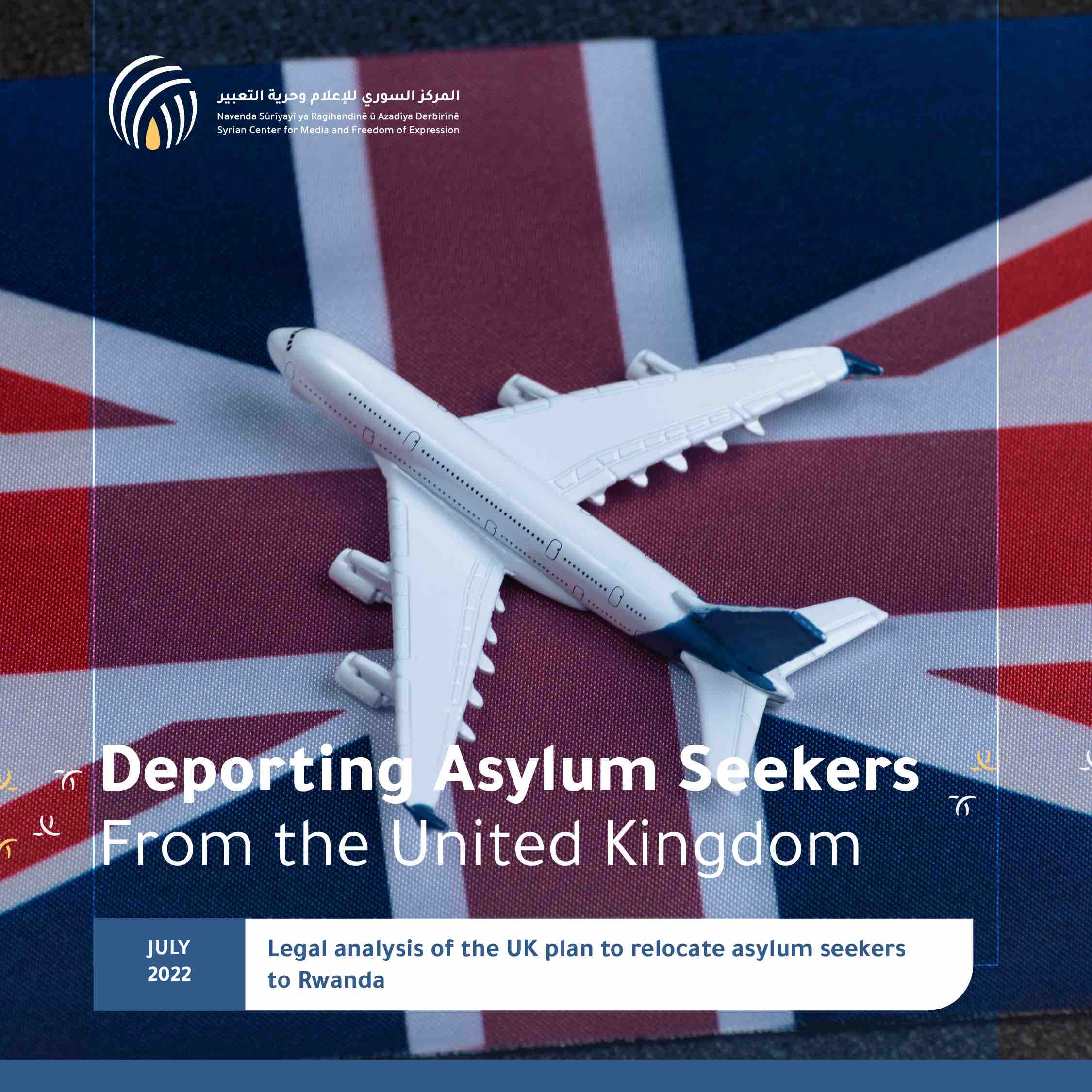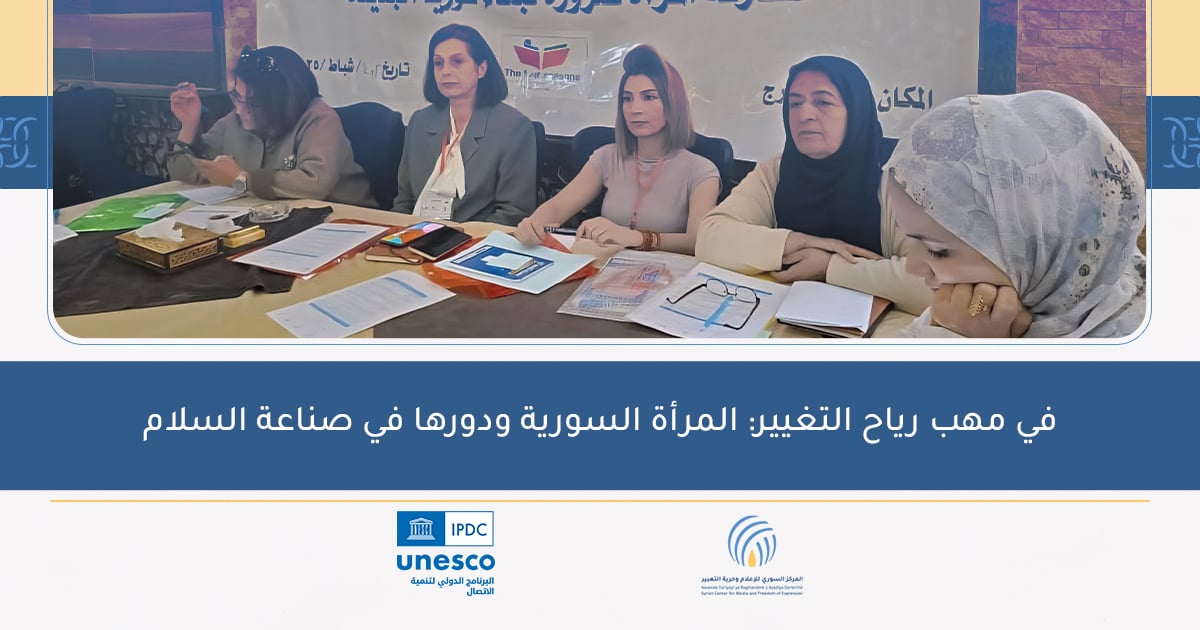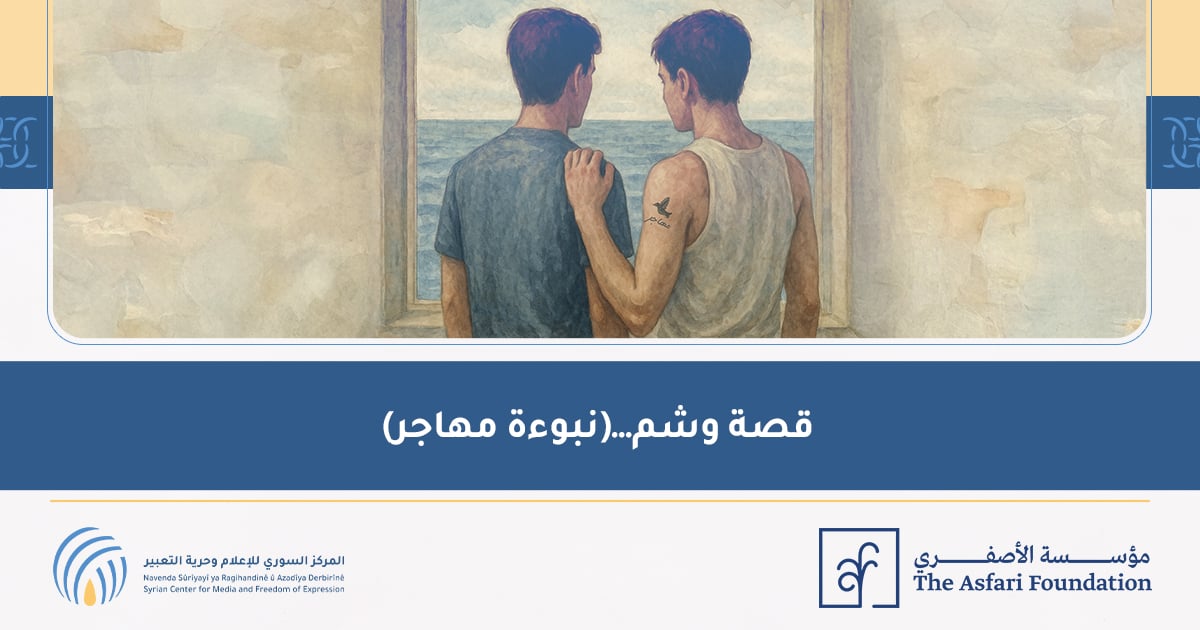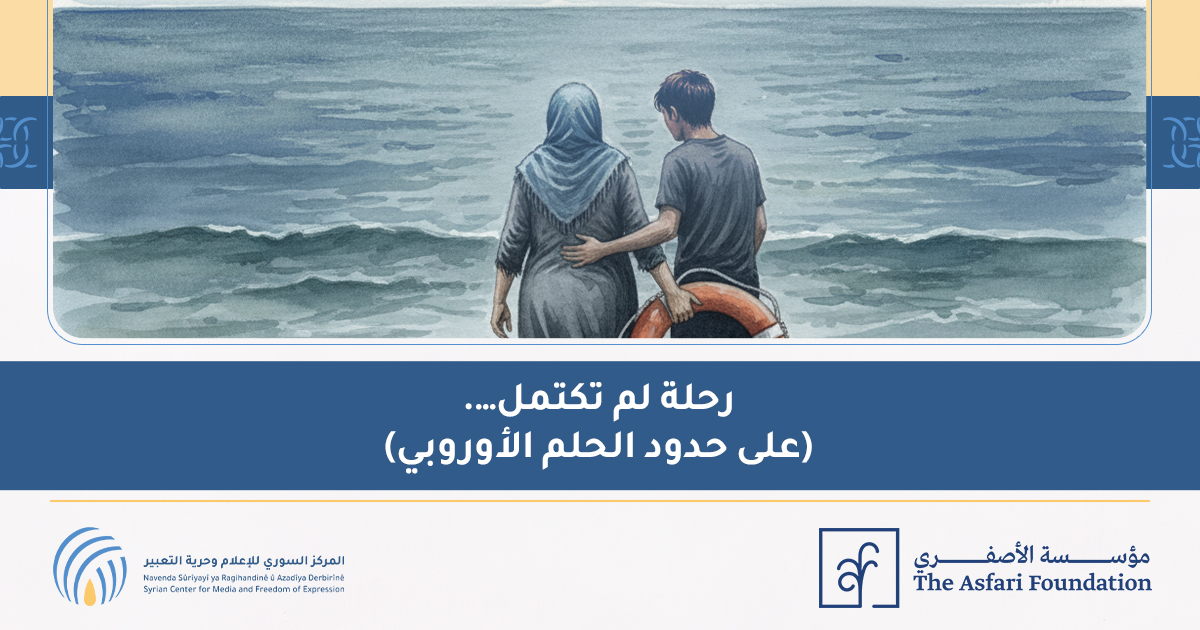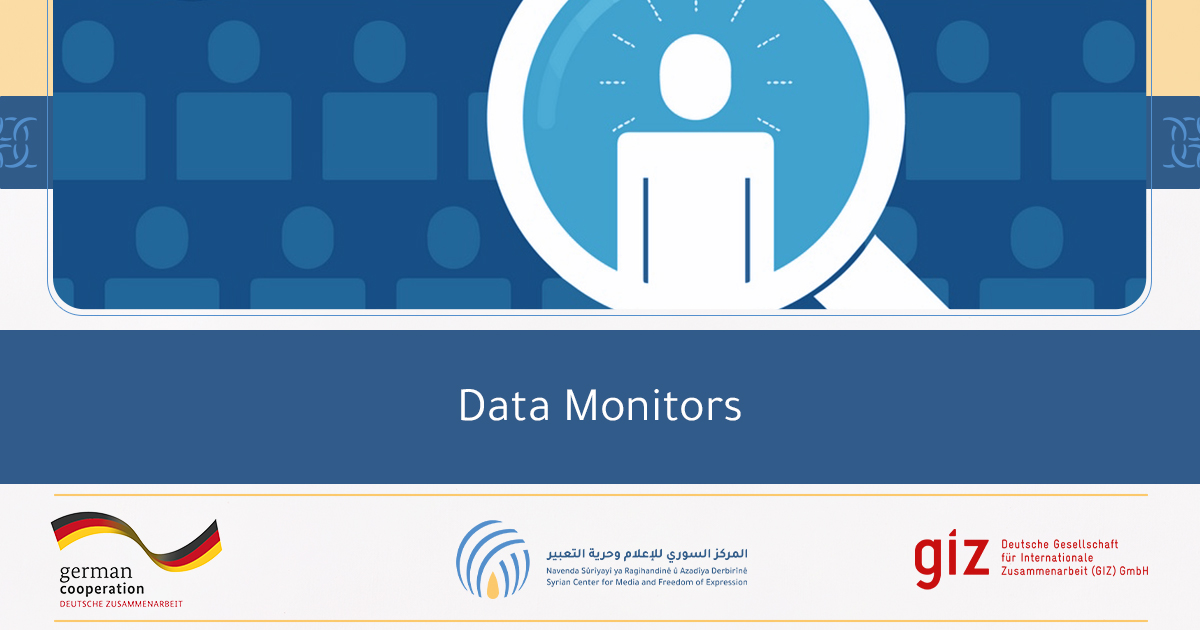On 14 April 2022, Government of the United Kingdom published a memorandum of understanding with the government of Rwanda. The memorandum includes the transfer of asylum seekers who entered the UK “illegally” to Rwanda to submit asylum applications and remain there if asylum is accepted, provided that they are provided with the necessary life necessities as the two governments affirmed. This comes in parallel with attempts to restructure refugee and asylum laws in the United Kingdom, whose government seeks to build a legislative ground to ensure the implementation of the memorandum and that it cannot be challenged it in the future. The attempts include introducing the Nationality and Borders Bill, which allows sending asylum seekers to other countries pending a decision on their applications, provided that the countries to be transferred to are “safe”. According to Article 23 of the Memorandum of Understanding, this arrangement will last 5 years, may be renewed one year, provided that it will include retroactively those who “arrived illegally since January 1st” 2022, according to the UK Prime Minister Boris Johnson’s statement on 14 April 2022. The first phase of the agreement will focus on single men who crossed the English Channel in boats and lorries from France.
The memorandum contravenes the UK’s obligations under refugee law, human rights and combating human trafficking. The agreement was widely criticized for ignoring the principle of non-refoulement and the globally established right of asylum, and for its repercussions on refugees and asylum seekers around the world. Other European countries such as Denmark welcomed the agreement, especially since the new Asylum and Migration Pact proposed by the European Commission in 2020 opens the door for several European countries to implement the option of deporting refugees to a third country outside the borders of the European Union.
The United Nations High Commissioner for Refugees (UNHCR) warned that the agreement violates international law. Siobhán Mullally, the UN Special Rapporteur on trafficking in persons concurred, saying that the agreement “risks causing irreparable harm to people seeking international protection.” Mullally added that “There are serious risks that the international law principle of non-refoulement will be breached by forcibly transferring asylum seekers to Rwanda.” Ylva Johansson, The European Commissioner for Home Affairs also criticized the agreement, saying: “Sending asylum seekers more than 6000 km away and outsourcing asylum processes is not a humane and dignified migration policy.” In the UK, the agreement was met with criticism and objections from many political, civil, and legal parties, Church of England, members of the royal family, and public figures, most of whom focused on the following points:
First, the memorandum of understanding claims to strengthen common international obligations regarding the protection of refugees and migrants. But in fact, it does just the opposite, pushing the relatively small number of refugees who arrive in the UK to countries like Rwanda is hardly responsibility-sharing, but it is an evasion of responsibility.
Second, according to the memorandum of understanding, “Rwanda has willingly been hosting and giving shelter to hundreds of thousands of refugees, offering adequate systems of refugee protection.” However, there are only tens
of thousands of refugees in Rwanda, most of whom are from the Democratic Republic of the Congo. Rwanda is one of the ten countries that have signed the Comprehensive Refugee Response Framework. The British Broadcasting Corporation (BBC) “has seen accommodation the asylum seekers would be housed in, thought to have enough space for about 100 people at a time and to process up to 500 a year.” While according to UK government statistics in 2021 “more than 35,000 people entered the UK illegally, including 28526 people arrived on boats.” Rwanda is also a relatively small country in which 39% of the population lives below the poverty line, while refugees depend on remittances from family members living in other countries as a primary source of income and face “limited employment opportunities, poor quality education, and reliance on low-income agriculture to earn their living.” In addition to the absence of support networks or the infrastructure they need to reach or create job opportunities, as well as the difficulty of movement in practice due to the bureaucracy and the location of some remote camps.
While Rwanda has been widely presented as safe and stable since the 1990s, human rights reports including by the United Nations and Amnesty International dispute this narrative. Even the UK government declared in 2021 continuing concern about the Rwandan government’s restrictions on civil rights and political and media freedom. All asylum seekers and refugees in
Third, the statements of the UK officials 17 focus on that the agreement will put
an end to human trafficking and illegal immigration, and deter potential asylum
seekers from crossing the Channel, on the grounds that they will be deported to
Rwanda upon reaching the UK shores, which the UK government calls a strong
deterrent against refugees and other migrants by creating hostile environment.
However, this claim ignores that this environment may push refugees to take
risks, considering that the alternatives available to them are worse. It also
ignores the results of similar attempts, where Rwanda had previously
participated in receiving African deportees from Israel. 18 About 4000 people
were deported from Israel to Rwanda and Uganda under the “voluntary
departure” plan between 2014 and 2017. Almost all of them are believed to
have left the country immediately, with many of them trying again to return to
Europe by various human trafficking routes. 19
